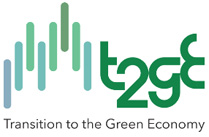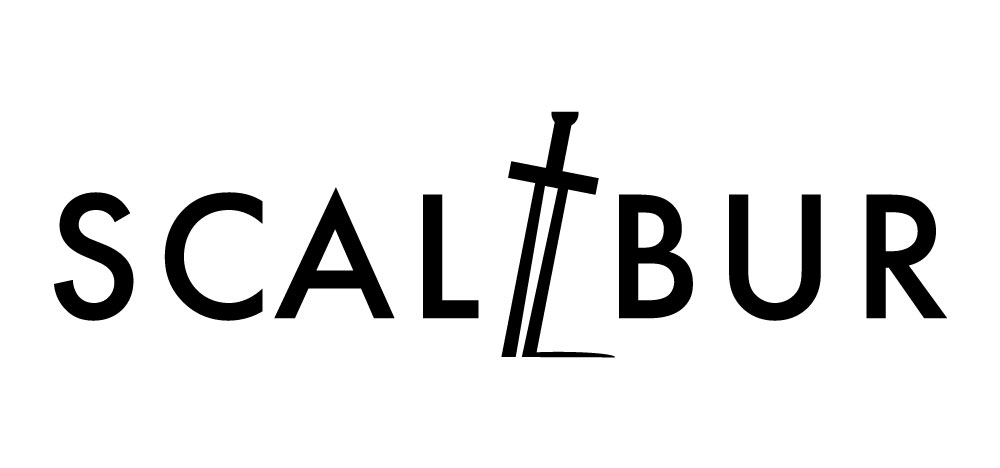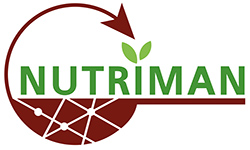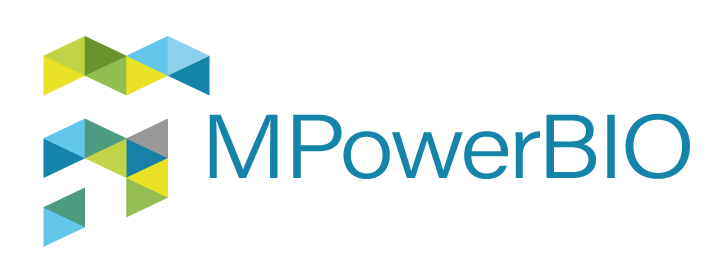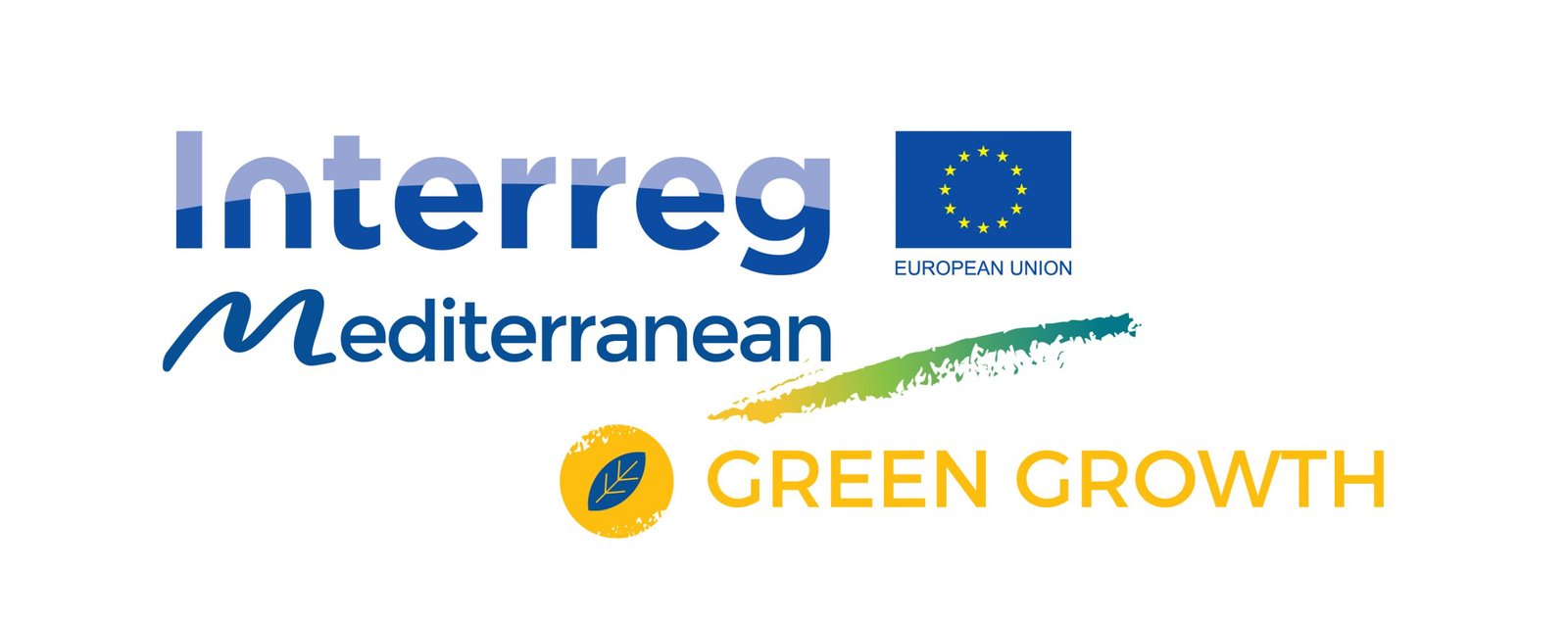UrBIOfuture project
Project concluded

UrBIOfuture’s main goal is to bring Europe to the forefront of the bio-based industry, a sector in full growth that requires a high number of experts in its workforce. However, one of the challenges for its development is the educational gap between the professional profiles demanded by the sector and the existing educational offer. To bridge this gap is one of the main purposes of UrBIOfuture, which started on May 1st with the goal of boosting careers, new educational programmes and research activities. Since then, this initiative carried out research to map European educational programmes involving bio-based activities and to identify the skills mismatch between them and the bioindustry needs. In addition, it involved stakeholders from the education sector, academia and industry, it organised a series of events, and it elaborated a set of materials, all with the aim of setting the path for the industry to attract qualified talent.
Contacts: info@urbiofuture.eu and Ana Martinez: anamartinez@sustainableinnovations.eu



